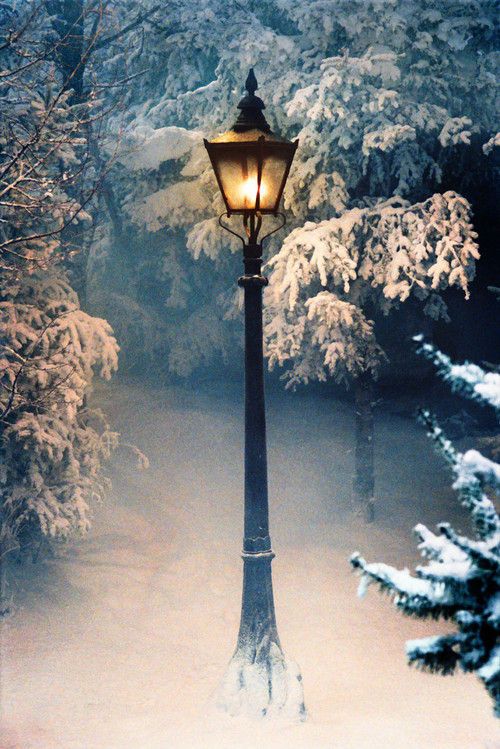This too was written eight years ago. Shortly afterward, God led us to a community of faith where we have been ever since.
Some of you have read my recent post about finding myself in a cave. I’m now out of the cave, although still not far from the entrance. I now find myself in the middle of a thicket, sort of like a stand of rhododendron or mountain laurel, so thick that you cannot see out of it. It is still somewhat dark, and the direction I should take is unclear. I see many paths out, but don’t know yet which one to take.
There is the path that would take me back into the church world I left a few years ago. Next to it is the path that would take me to the land of the mega-church. Here I could find a place to hide and lick my wounds. One path seems to go in circles, and looks as if it would leave me no better off. Yet another way out continues in the search for community. That is the path that interests me the most, and the way that I have learned most about in the last couple of days.
You see, I have learned something about community, and about myself. I think I’m beginning to learn why I spent time in the dark cave. Anyone who knows me will tell you that I am a pretty laid back individual, but that when I am passionate about something, I tend to go all out. As I learned more and more about the God’s desire for his children to live as brothers and sisters because of Christ, I became more and more passionate with living in community. Dietrich Bonhoeffer said, “The person who loves their dream of community will destroy community, but the person who loves those around them will create community.” As I look back on the past year, and my desire to have and fight for community, I realize I inadvertently pushed it too hard and may have been part of the cause of its destruction. I know that my heart was good, but I think I may have wanted community so badly that I didn’t see the problems that it was causing. Even though I tried to sacrificially love those around me, I think that I didn’t leave room for God to work, thinking that as long as we spent enough time together, growth and maturity would automatically happen.
I now realize that community is something that has to happen naturally, as God’s people learn to love one another. It is something that cannot be forced, and the Holy Spirit must be the one to form it rather than humans whose motives can be tainted by our own needs. I also realize that a particular form of community may not last as long as I think, and that I need to be willing to let it go when it is time. For those of you reading this who have been on the receiving end of my misguided efforts, I am sorry. I put the ideal of community ahead of my brothers and sisters. I was wrong.
As to what is next in this journey along the back roads, only God knows. I know that Jan and I still desire to share our lives with some fellow Christ-followers. I also know that it may not take any form that we expect. It may be in a regular gathering. It may take place in just getting together with one or two who share our desire. What I also know is that I want it to be something that happens as Christ’s Spirit moves, not when I think it should happen.
I’m learning to trust my Father. As I leave the thicket, I want to be hear my Shepherd’s voice and follow him wherever he leads, whenever he leads, and to whatever he leads. I would appreciate your prayers.

